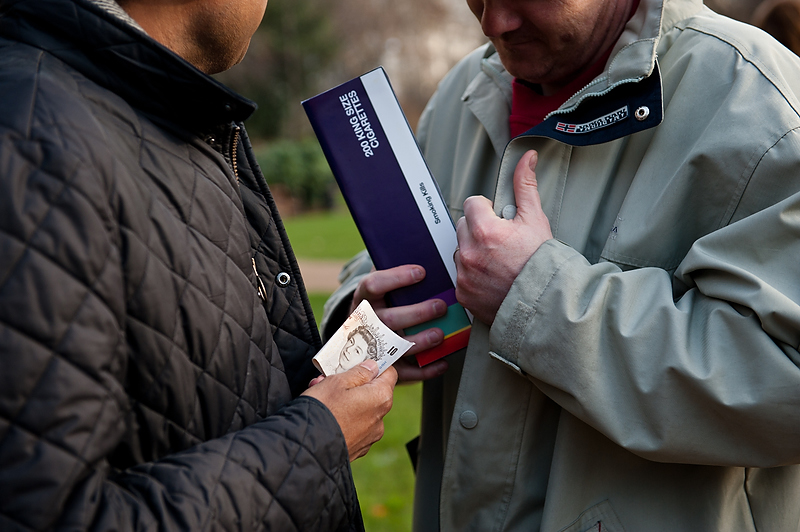EU Struggling with Counterfeits
- Featured Illicit Trade News This Week
- June 2, 2023
- 0
- 3 minutes read

Photo: British American Tobacco

Spanish police conducted raids on three clandestine tobacco factories earlier this year, resulting in the seizure of nearly €40 million ($44 million) worth of tobacco leaf and illicit cigarettes, reports Reuters. One of the factories, located in Alfaro, housed 10 Ukrainian workers, including war refugees, who were forced to work without contracts and receive meager pay. They were not allowed to leave the premises, living and working in the factory under exploitative conditions. This operation reflects a larger trend seen across the European Union, where law enforcement agencies report a surge in seizures of illicit cigarettes.
Criminal organizations traditionally imported counterfeit tobacco products from outside the EU. However, they are now establishing production facilities in western Europe to be closer to lucrative markets with higher prices. The Covid-19 pandemic, which disrupted travel and supply chains, along with the ongoing war in Ukraine—a hub for illicit tobacco production and transit—have further fueled this trend. The rise in counterfeiting presents financial challenges to major tobacco companies as they face declining smoking rates and increasing investments in alternative products such as vapes.
Last year, the EU recorded a record-breaking 531 million seizures of illicit cigarettes, marking a 43 percent increase from the previous year. Around 60 percent of the confiscated cigarettes originated from illicit production within the EU while the rest were smuggled in. To combat this problem, tobacco companies like BAT, Imperial Brands and Japan Tobacco have hired investigators to gather information on counterfeit operations and share intelligence with European authorities.
The industry has declined to disclose the financial impact of the illicit trade, but it is evident that they are taking significant measures to protect their brands and combat illegal activities. Counterfeiters typically replicate popular cigarette brands, and the production cost of a pack of cigarettes is relatively low compared to its market value, leading to substantial profits for criminals. The decline in supplies from China and Asia due to the pandemic has spurred an increase in production within Europe itself. The situation has been further complicated by the war in Ukraine, which disrupted the illicit tobacco trade routes. Many counterfeiters reportedly exploit vulnerable Ukrainian refugees, subjecting them to harsh working conditions akin to “modern-day slavery.”